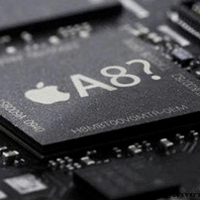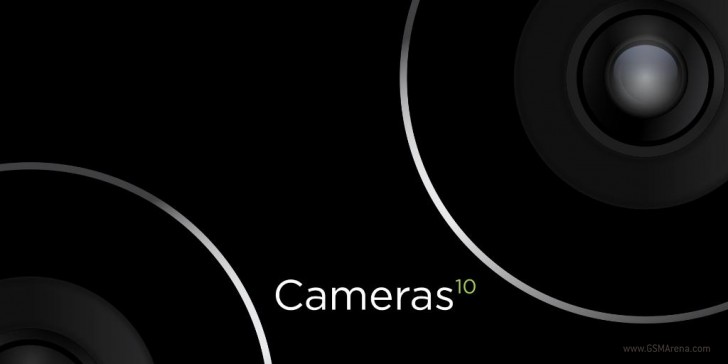 We have a number of Android devices which have broken the 2 GHz clock speed barrier. But the Apple’s highly advanced A7 chipset based on 64 bit architecture is still roaming around the 1.4GHz mark. Though clock speed does not matter a lot to most of the people out there but still it has some effect on the overall performance of the device. Just imagine 2 quadcore devices one clocked at 1.4 Ghz and the other clocked at 2.3 GHz; the latter will have a better overall performance and you can notice the difference in benchmark results of both devices.
We have a number of Android devices which have broken the 2 GHz clock speed barrier. But the Apple’s highly advanced A7 chipset based on 64 bit architecture is still roaming around the 1.4GHz mark. Though clock speed does not matter a lot to most of the people out there but still it has some effect on the overall performance of the device. Just imagine 2 quadcore devices one clocked at 1.4 Ghz and the other clocked at 2.3 GHz; the latter will have a better overall performance and you can notice the difference in benchmark results of both devices.
We have news that Apple’s upcoming A8 chipset which will début in iPhone 6 will most probably break the 2GHz barrier. This will be the first time in the history of the company when a processor will be clocked at 2GHz or more. We have been hearing that the new processor will be clocked as high as 2.6GHz but this will most probably come in iPad Air 2 as iPad always has better processing speed than iPhone.
Apple’s new A8 chipset will still have 64 bit architecture and 2 cores. Though there are numerous Android devices with 4 and even 8 cores but this is not the criteria to judge the overall performance of the device because there are many other factors which play decisive role.
Apple’s all new A8 chipset is coming out from TSMC which means that sooner or later Apple will close the processors manufacturing deal with Samsung. This will however, effect Samsung as this will put an end to all business dealing with Apple. Apple’s new A8 chipset is expected to offer better performance and will decrease the power consumption.
With the official launch of iPhone 6 in September we will get to see how this new chipsets performs as a package.
 Smartphonetechie
Smartphonetechie

